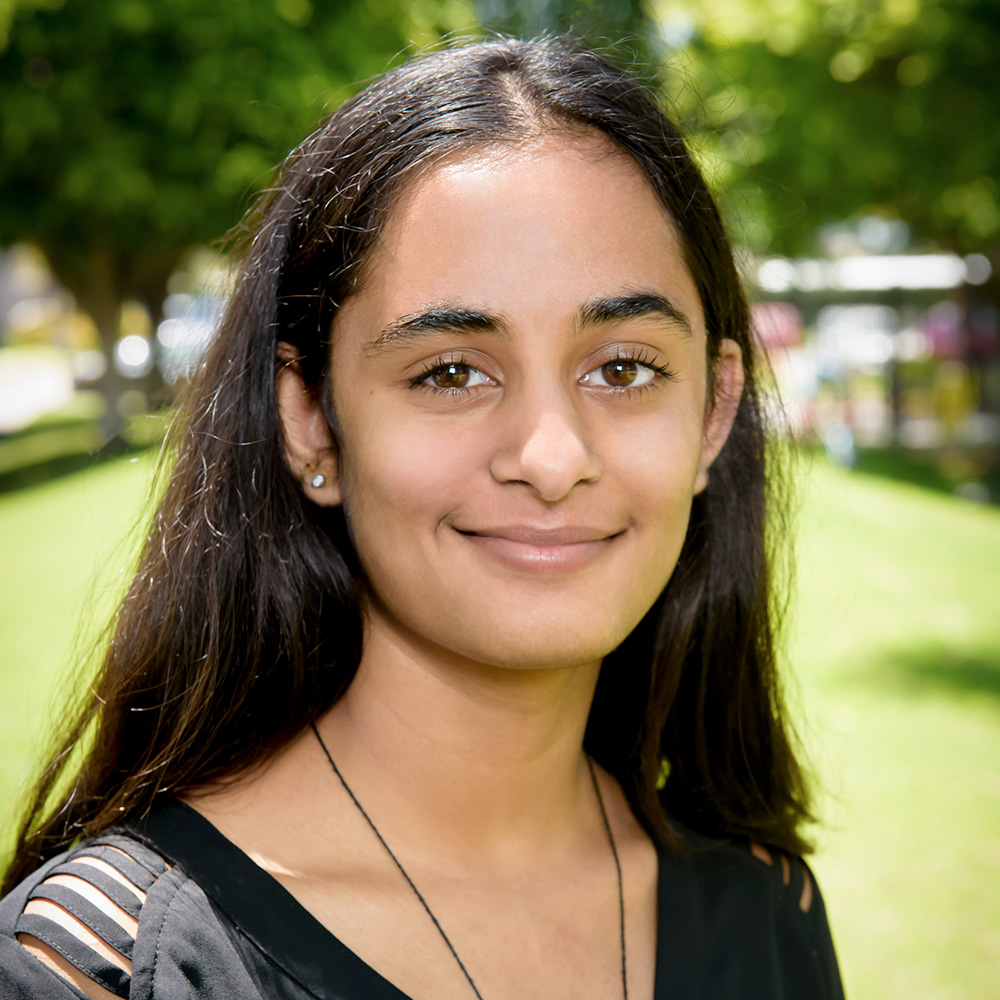Pant is the assistant News editor for Science and Health. She was previously a News contributor. Pant is a second-year economics student who enjoys writing about sustainability and public health.
Pant is the assistant News editor for Science and Health. She was previously a News contributor. Pant is a second-year economics student who enjoys writing about sustainability and public health.
Shapero is a senior staff News reporter. She was previously an assistant News editor in the National News & Higher Education beat. Shapero is a fourth-year political science student who enjoys covering national and statewide news.
Shapero is a senior staff News reporter. She was previously an assistant News editor in the National News & Higher Education beat. Shapero is a fourth-year political science student who enjoys covering national and statewide news.
Gupta was the 2020-2021 assistant News editor for the national news and higher education beat. She was previously a contributor for the beat. She is also a fourth-year psychology student.
Gupta was the 2020-2021 assistant News editor for the national news and higher education beat. She was previously a contributor for the beat. She is also a fourth-year psychology student.
COMMENTS



